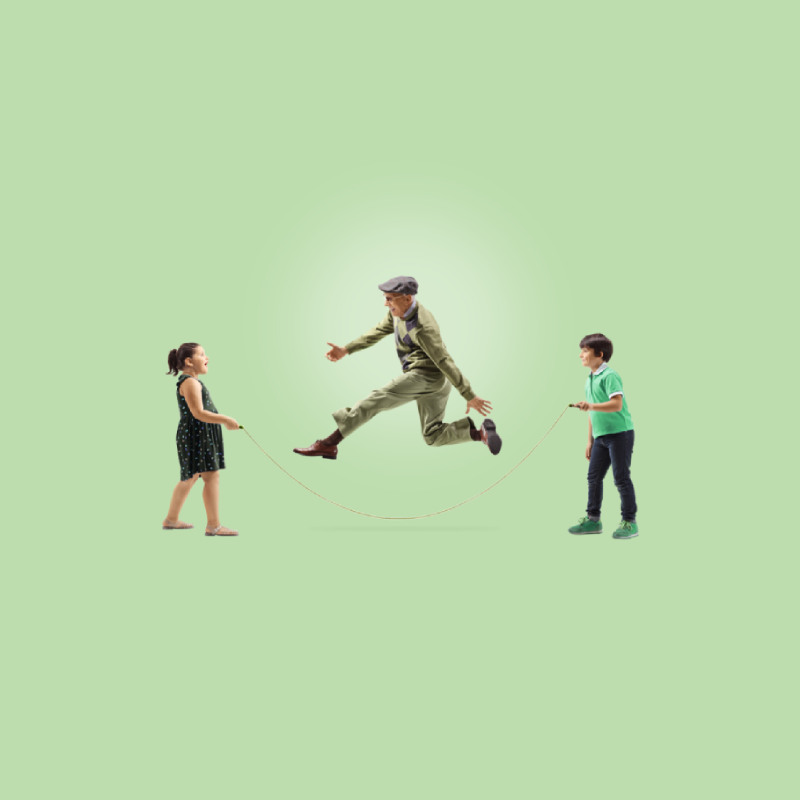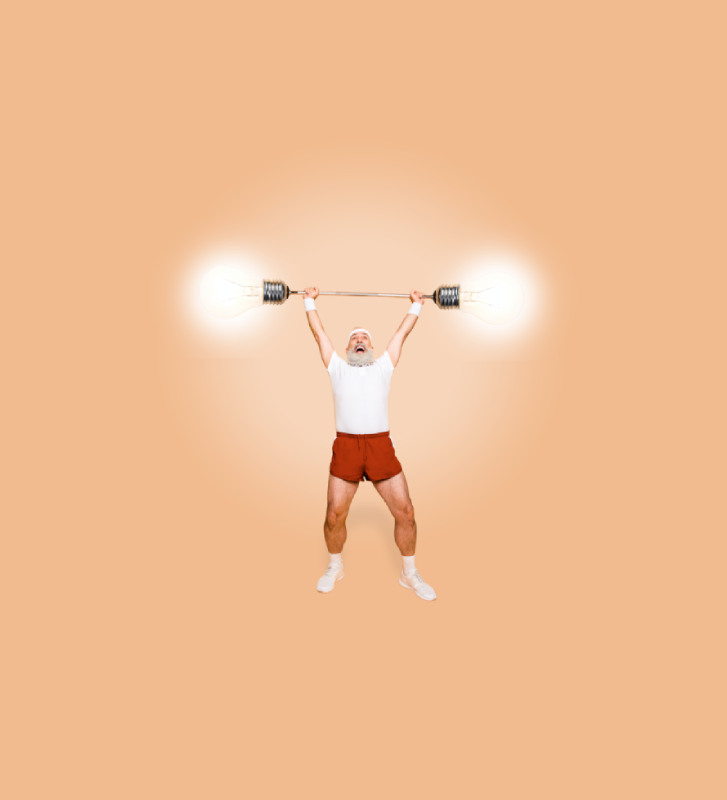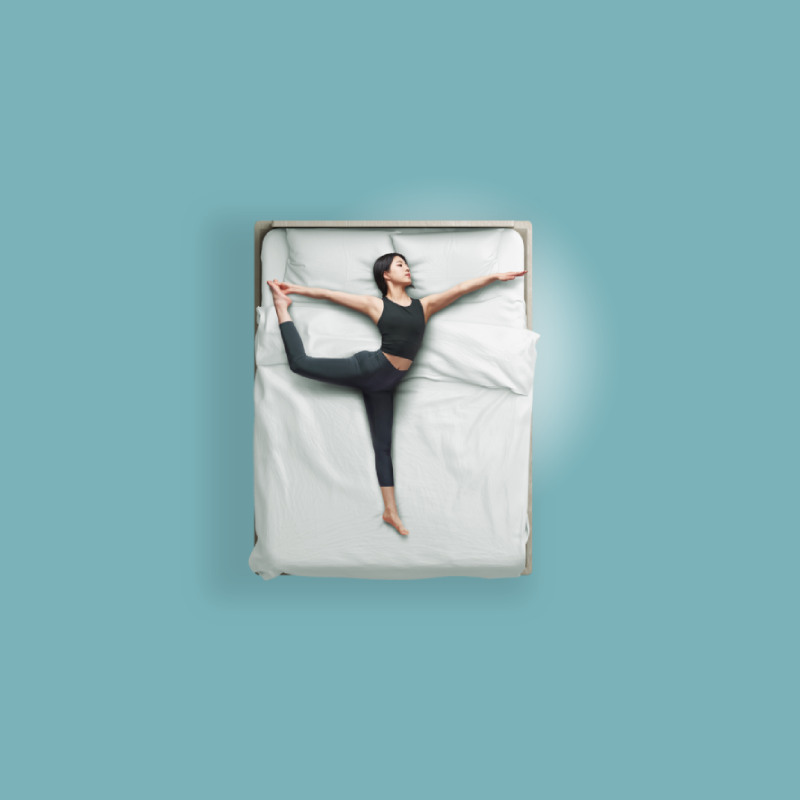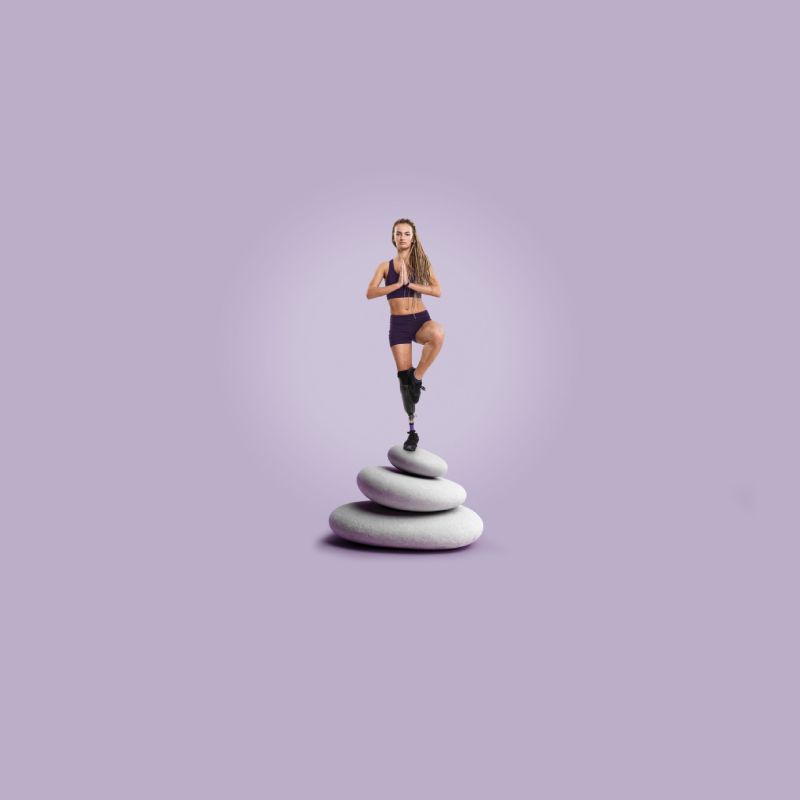agIng
Move more today for a healthier tomorrow
aging is an inevitable part of life
With it can come challenges like aches and pains, cognitive decline, higher risk for chronic conditions and in some cases social isolation. The good news? Being physically active can help you stay strong, mentally fit and independent. Want to thrive throughout your golden years? You might be looking to age better.
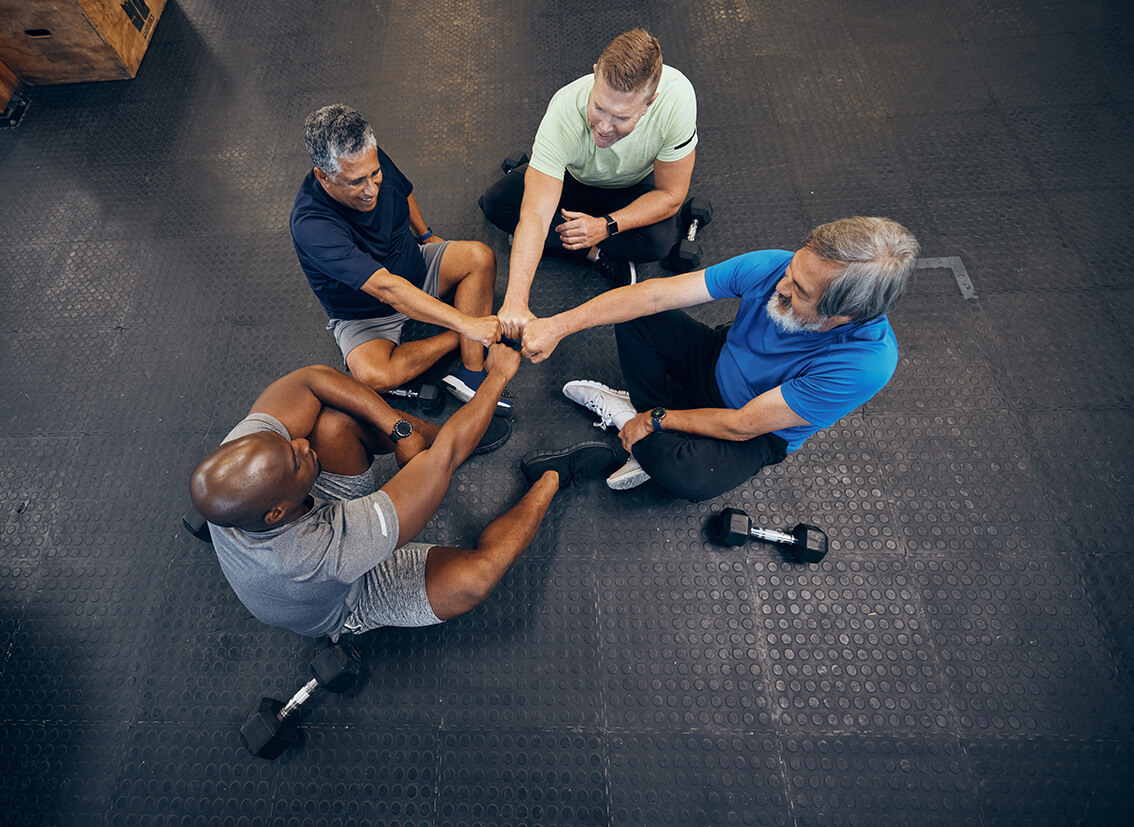
How can physical activity help me age better?
Physical activity becomes extremely important as we enter our 60s and beyond, especially in these three key areas:
Increased mobility
Falls remain the leading cause of injury-related hospitalizations among older adults living in Canada.
Between 20% and 30% of older adults fall each year.1
Thankfully, engaging in activities such as strength training or taking a brisk walk are excellent ways to not only clock some of the recommended 150 minutes of moderate-to-vigorous physical activity per week but also to improve balance, core strength and stability – three absolute game-changers when it comes to preventing falls.
Cognitive wellness
A recent report projects that by 2031, close to 1.4 million adults living in Canada will be affected by dementia, resulting in direct health-care costs of approximately $16.6 billion.2 Unfortunately, because the primary risk factor for dementia is age, the number of people in Canada living with a related brain disorder is expected to grow.
Enter physical activity! Research shows that being physically active protects against the onset of dementia and can slow its progression.34 So, when you get out there and get active, you’re not only keeping your body healthy but your mind, too.
Connection and community
Research indicates that one in five adults living in Canada experience some level of loneliness or isolation. 5 The most at risk? Older adults, due to a lack of mobility, increased risk of fall-related injuries and shrinking social networks.
Engaging in regular physical activity releases endorphins within the brain and can make us feel happier. It also provides the chance to meet new people and connect with friends – both of which help prevent cognitive decline while keeping our brains healthy.
Here’s how:
- Incorporate muscle-building and bone-strengthening activities into your routine at least twice a week, with a focus on major muscle groups like the legs, core and back.
- Incorporate activities that improve balance, like yoga and resistance training.
- Tai chi helps boost memory and learning, improves balance, and lowers blood pressure.
- Water fitness is a safe and effective muscle-strengthening activity that due to buoyancy, allows you to exercise at higher intensity with less impact on your body.
- For the more adventurous, we recommend one of the fastest growing activities in Canada (especially for those 65 years or older): pickleball!
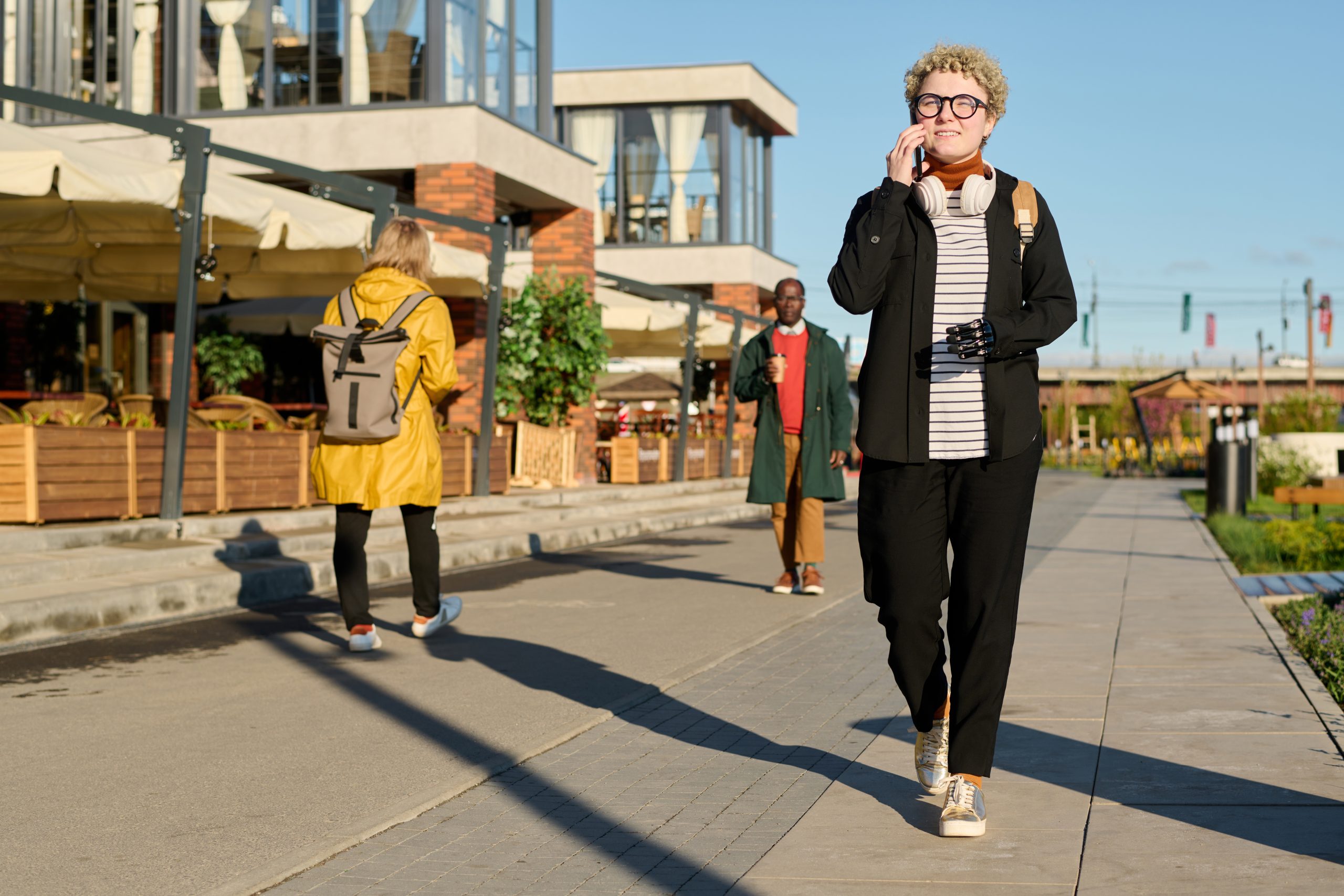
References
References
- *. Light physical activity is defined as activity that is performed between 1.5 and 3 metabolic equivalents (METs), such as walking at a slow pace, standing work or light housework such as washing dishes.
- ± DALYs for a disease or health condition are the sum of the years of life lost to due to premature mortality (YLLs) and the years lived with a disability (YLDs) due to prevalent cases of the disease or health condition in a population.
- Statistics Canada. (2021). Canadian Health Measures Survey, Cycle 6 [2018 and 2019], custom tabulation. Retrieved from https://www150.statcan.gc.ca/n1/en/catalogue/82-003-X201900800001
- Government of Canada (2017). Physical Activity, Sedentary Behaviour and Sleep (PASS) Indicators. Retrieved from https://health-infobase.canada.ca/pass/data-tool?index=1036
- Roberts et al. (2019). Meeting the 24-Hour Movement Guidelines for Children and Youth. Retrieved from: https://WWW150.STATCAN.GC.CA/N1/EN/PUB/82-003-X/2017010/ARTICLE/54875-ENG.PDF?ST=XLX-FQD6
- Chaput et al. (2017). Proportion of preschool-aged children meeting the Canadian 24-Hour Movement Guidelines and associations with adiposity: results from the Canadian Health Measures Survey. BMC Public Health,17(Suppl 5):829.
- Dumith et al. (2011). Physical activity change during adolescence: a systematic review and a pooled analysis. International Journal of Epidemiology, 40(3), 685–698. Retrieved from https://academic.oup.com/ije/article/40/3/685/744518
- Canadian Fitness and Lifestyle Research Institute (CFLRI) and Canadian Parks and Recreation Association (CPRA). 2023. The Price of Inactivity: Measuring the Powerful Impact of Sport, Physical Activity, and Recreation in Canada. CFLRI & CPRA. Ottawa, ON, Canada. Retrieved from https://measuring-impact.ca/wp-content/uploads/2023/11/CFLRI-CPRA_Price-Inactivity-Full-Report-EN-FINAL.pdf
- Tovar-García E.D. Participation in Sports, Physical Exercise, and Wage Income: Evidence from Russian Longitudinal Data. (2021). German Journal of Exercise & Sport Research, 51:333–343.
- World Health Organization. Global action plan on physical activity 2018–2030: More active people for a healthier world. Geneva: World Health Organization; 2018. License: CC BY-NC-SA 3.0 IGO. Retrieved from https://apps.who.int/iris/bitstream/handle/10665/272722/9789241514187-eng.pdf?sequence=1&isAllowed=y
- Statistics Canada. Canadian Health Measures Survey. Ottawa: Statistics Canada. 2018-2019. Web.
https://health-infobase.canada.ca/src/doc/pass_childrenyouth_en.pdf

